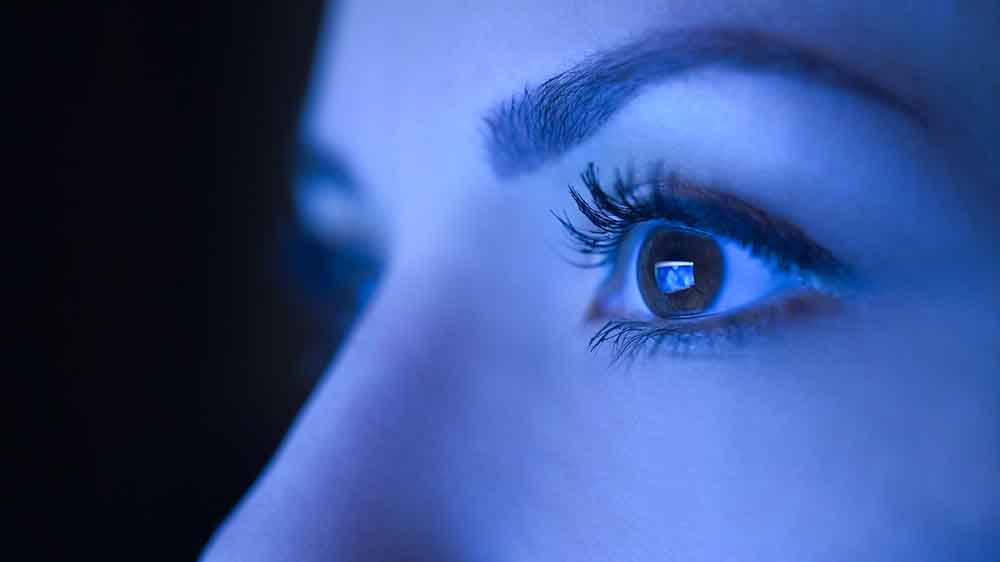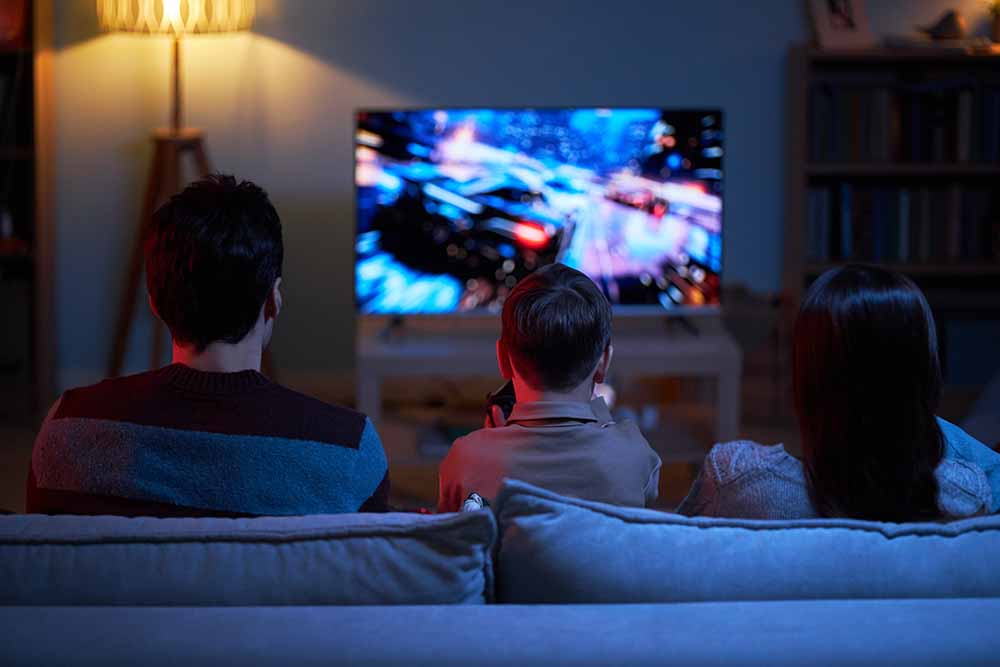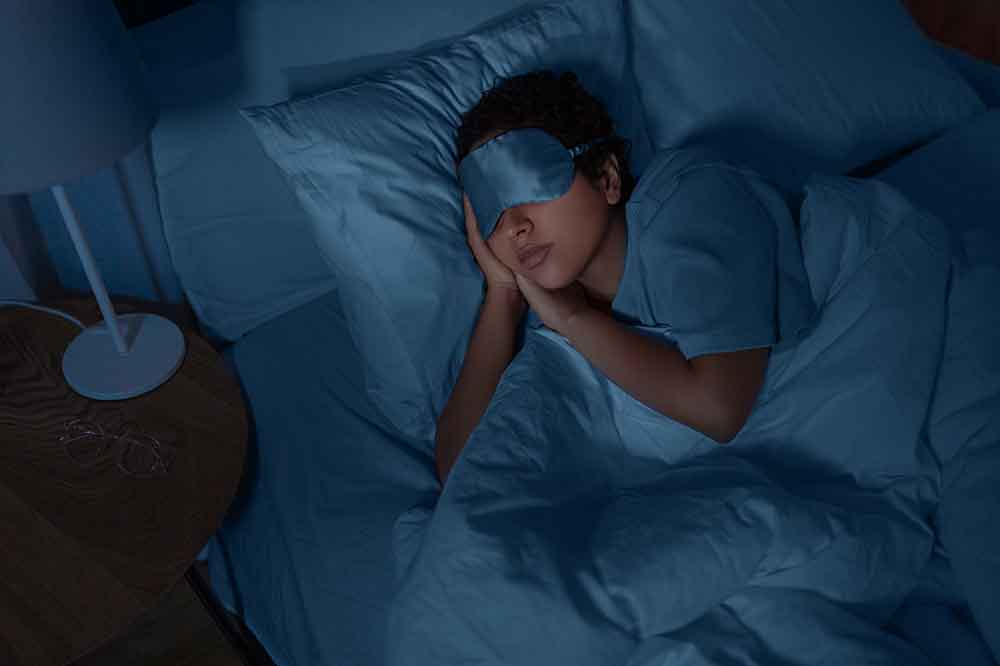Despite being environment friendly, blue light can interfere with your sleep and perhaps lead to illness. The sun was the primary source of illumination until the invention of artificial lighting, so humans spent their evenings in (relative) darkness. Evenings are now illuminated in many parts of the world, and we essentially take this access to lights for granted. But soaking in all that light can come at a cost. Light disrupts the circadian rhythm, the body’s biological clock, and sleep is negatively impacted. Even worse, studies indicate that it may play a role in the development of diabetes, heart disease, obesity, and cancer.

Blue Light
The effects of different light colours vary. Blue wavelengths appear to be the most disruptive at night, despite being advantageous during the day since they improve mood, attentiveness, and reaction times. Additionally, the widespread use of screens in devices and energy-efficient lighting is exposing us to more blue wavelengths, particularly after sunset.
Devices That Give Off Blue Light
Many individuals work in artificial lighting and use displays on electronic gadgets all the time. You may strategically limit your exposure and prevent disturbances to your circadian cycle by being aware of these common sources of artificial blue light. Typical blue light sources include:
• Fluorescent lights
• LED lights
• Computer screens
• Television
• Smartphones
• E-readers and tablets
• Consoles for video games
Light And Sleep
Although circadian rhythms vary significantly from person to person, they typically last for 24 and a half hours. Those who stay up late have a slightly longer circadian rhythm, whereas those who rise early have rhythms that are less than 24 hours. In 1981, Harvard Medical School's Dr Charles Czeisler demonstrated that daylight maintains an individual's internal clock in sync with their surroundings.

Blue Light's Effects On Sleep
Any type of light can inhibit melatonin release, but blue light at night has a stronger effect. Research comparing the effects of 6.5 hours of exposure to blue light against exposure to green light of similar brightness was carried out by Harvard researchers. The blue light caused twice as much of a shift in circadian rhythms (3 hours vs 1.5 hours) and suppressed melatonin for roughly twice as long as the green light.
Researchers at the University of Toronto conducted a second study on blue light, comparing the melatonin levels of those wearing blue-light-blocking goggles to those exposed to normal low light without goggles. The idea that blue light is a strong melatonin suppressor is supported by the fact that the hormone levels in the two groups were roughly equal. It also implies that night owls and shift workers might be able to defend themselves by donning blue light-blocking glasses. Blue light is blocked by inexpensive sunglasses with orange tints, but they also block other colours, so they are not appropriate for night time use indoors.

Exposure To Blue Light From LEDs
Environmental concerns and the pursuit of energy-efficient lighting may conflict with individual health if blue light does have negative health consequences. Compared to the traditional incandescent lightbulbs we used as children, the curlicue tiny fluorescent lightbulbs and LED lights are significantly more energy-efficient. However, they also tend to emit more blue light.

Shielding Yourself From Blue Light At Night
Simply turning off sources is the most efficient method of lowering evening blue light exposure. This entails shutting off electronics when it gets dark outside and lowering or dimming LED and fluorescent lighting in your house. Blue light exposure may also be decreased with the use of speciality glasses. Amber or blue light-blocking spectacles help lessen the melatonin-suppressive effects of bright light, albeit they might not be suitable for everyone. Turning off blue light sources after dark may not always be possible, but there are several strategies to lessen exposure to blue light that might be disrupting your sleep.
Establish a routine: Two to three hours prior to going to bed, set an alarm to remind you to switch off your electronics.
Switch to a different lamp: If you want to read in bed, look for a lamp that emits orange or red light instead of blue.
Dim the light: Use the ‘night mode’ feature on some electronics or turn down the brightness of your screens.
Try an app: There are a number of computer and smartphone apps that can assist lower blue light emissions if you must use electronics right before bed.
Improve your sleep environment: Try using an eye mask to filter out light sources in your bedroom that you can't turn off or dim once you're in bed.